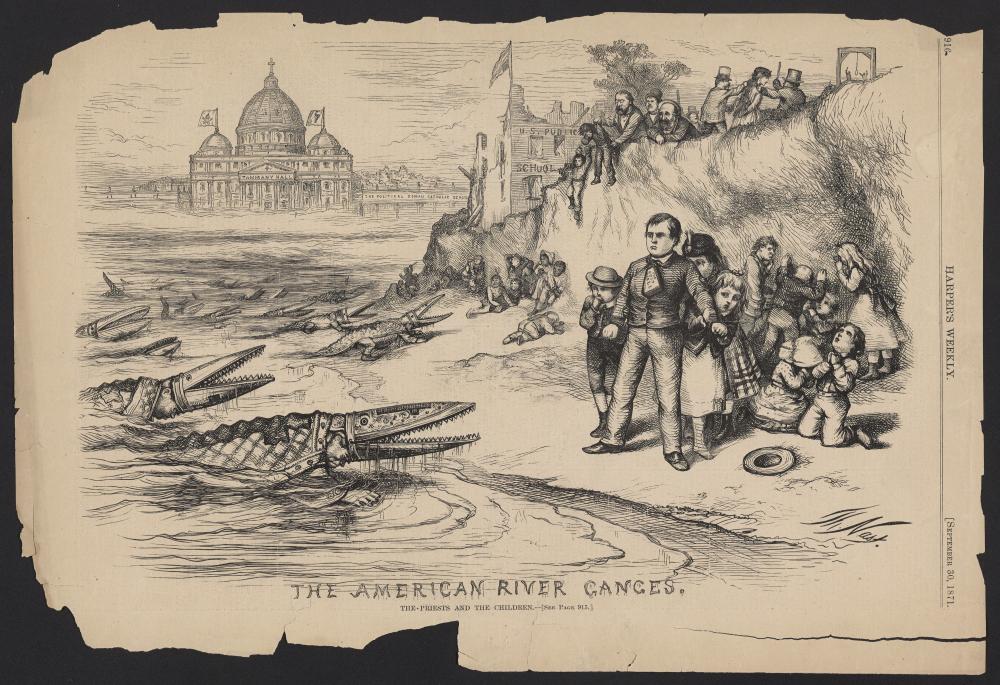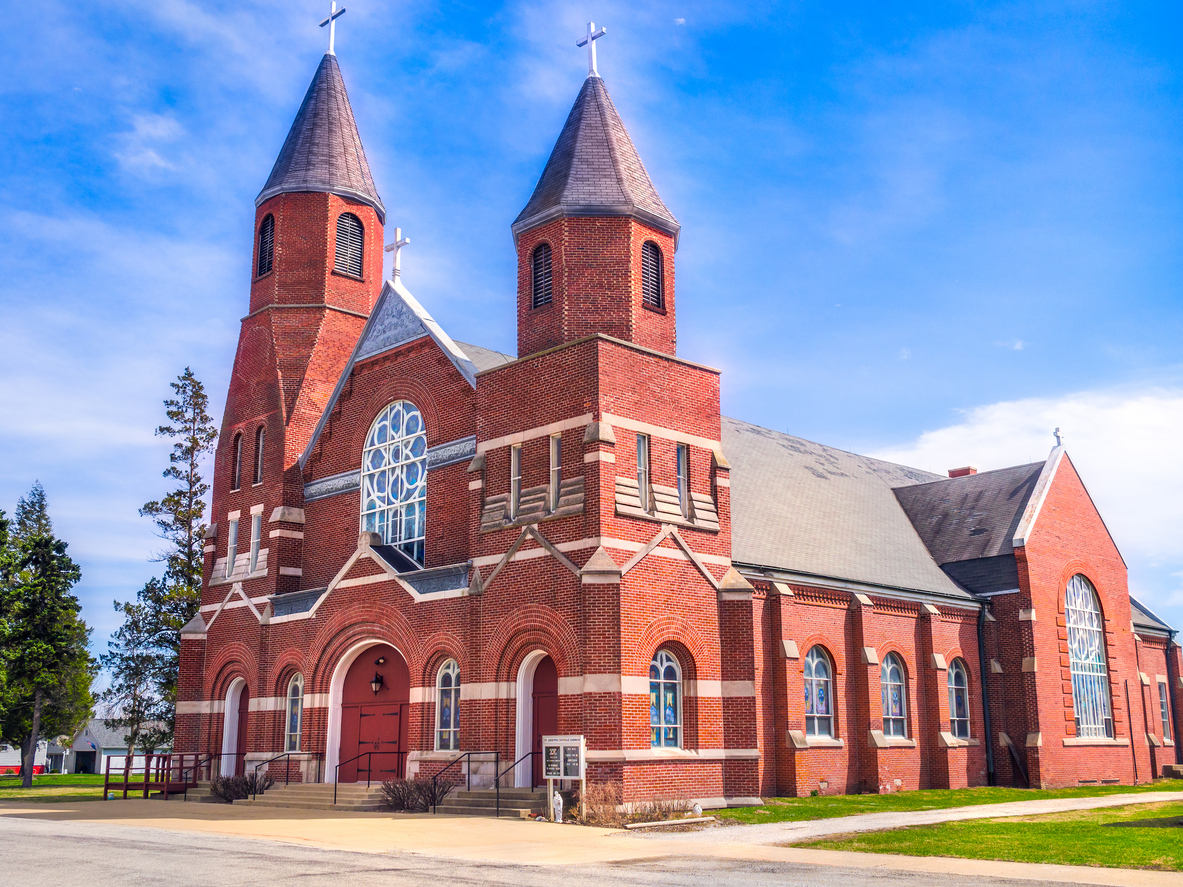Compensation for Workers: The Ministerial Exception and the Fair Labor Standards Act
By Napa Legal
Faith-based nonprofit organizations should recognize whether they are obligated to follow the requirements under the Fair Labor Standards Act (“FLSA”).
What is the FLSA?
The FLSA is a law that generally requires employers to pay their employees for the work they perform and sets baseline requirements for minimum wage and overtime pay for most employers.1
Meanwhile, the ministerial exception under the First Amendment gives religious organizations a level of independence concerning “internal management decisions that are essential to the institution’s central mission.”2 This includes the selection of the workers who perform vital roles and qualify as “ministers” under the exception.3
The Role of Religious Exemptions
In recent years, the U.S. Department of Labor’s Wage and Hour Division (“WHD”) has clarified specific religious exemptions to the FLSA because of the ministerial exception. WHD issued two guidance documents, called opinion letters, answering important questions relevant to faith-based nonprofit organizations.
Case Study: FLSA and Christian Communal Living
In a 2018 opinion letter, WHD answered a question from a religious organization whose members give up all material possessions and live in a communal setting.4 The members worked on behalf of the community in its farms, gardens, schools, kitchens, laundries, and nonprofit ventures that generated income for the organization.5 The organization did not pay its members, because they wanted to follow the example of the early Christians. The opinion letter concluded that the members of this religious organization performing work that benefited the community were not employees subject to the FLSA’s minimum wage and overtime requirements.6 Since these members did not expect to be paid for their work, they were more properly considered volunteers instead of employees under the FLSA.7
Case Study: Church-Run Preschool and the FLSA
In another opinion letter, WHD answered a question from a church-controlled daycare and preschool.8 The daycare and preschool asked whether the ministerial exception would allow the school to pay its teachers on a salary basis that was not in accord with the FLSA requirements.9 The opinion letter explained that teachers at religious schools can be considered “ministers” under the exception.10 Therefore, the school could pay the teachers on a salary basis that did not follow the FLSA’s requirements.11
What Faith-Based Organizations Can Learn
These two opinion letters are significant for faith-based nonprofits, because they remind these organizations that the government may not “force a religious community or employer to ‘vitiat[e] its central religious tenets’ as a condition of participating in the marketplace.”12 If your organization is faith-based and has paid employees engaged in passing on the faith, the ministerial exception may apply and supersede certain FLSA requirements. Be sure to contact an attorney if the organization plans to claim a religious exception to the FLSA.
-----------------------------
1 29 U.S.C. § 206(a); Handy Reference Guide to the Fair Labor Standards Act, U.S. Dep’t of Labor, Wage & Hour Div., https://www.dol.gov/agencies/whd/compliance-assistance/handy-reference-guide-flsa.
2 Our Lady of Guadalupe Sch. v. Morrissey-Berru, 140 S. Ct. 2049, 2060 (2020).
3 Id.
4 U.S. Dep’t of Labor, Wage & Hour Div., Opinion Letter FLSA2018-29 (Dec. 21, 2018), available at https://www.dol.gov/sites/dolgov/files/WHD/legacy/files/2018_12_21_29_FLSA.pdf.
5 Id.
6 Keith E. Sonderling, Bradford J. Kelley, The Sword and the Shield: The Benefits of Opinion Letters by Employment and Labor Agencies, 86 Mo. L. Rev. 1171, 1228 (2021).
7 Id. at 1228-29.
8 U.S. Dep’t of Labor, Wage & Hour Div., Opinion Letter FLSA2021-2 (Jan. 8, 2021), available athttps://www.dol.gov/sites/dolgov/files/WHD/opinion-letters/FLSA/2021_01_08_02_FLSA.pdf.
9 Id.
10 Id.
11 Id.
12 Sonderling & Kelley, supra.
.png)




